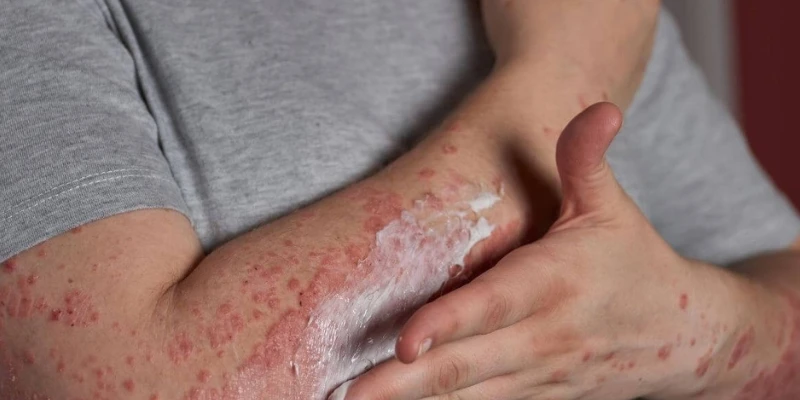Mpox (Malaysia)

Mpox, formerly monkeypox, is a rare viral zoonotic disease that has drawn attention due to recent outbreaks and its similarity to smallpox.
The disease was first identified in laboratory monkeys in 1958, while the first human case was reported in 1970 in the Democratic Republic of Congo.
For decades, Mpox remained isolated to central and western Africa, surfacing occasionally in remote areas.
A rise in global cases in 2022 prompted the World Health Organization (WHO) to rename the disease to reduce stigma and raise awareness.
What is Mpox?
Mpox is caused by the monkeypox virus, a member of the Orthopoxvirus genus, which includes the viruses responsible for smallpox and cowpox.
Although first discovered in monkeys, the virus is primarily carried by rodents and other small mammals.
Mpox Symptoms
It is important to distinguish this severe disease from other rash illnesses, such as chickenpox, measles, and other bacterial skin infections by looking at monkeypox symptoms.
Initial Monkeypox symptoms typically appear within 5 to 21 days after exposure to the virus. The progression includes:
- Fever – An early sign often accompanied by chills and fatigue.
- Headache and Muscle Aches – These flu-like symptoms are common during the initial phase.
- Swollen Lymph Nodes – A distinguishing feature of Mpox that differentiates it from similar illnesses.
- Rash – A defining symptom that begins with flat, red spots which develop into pustules before scabbing over.
- Fatigue – Many patients experience extreme tiredness during the illness.
- Other Symptoms – These may include back pain, sore throat, cough, or conjunctivitis.
Most cases are self-limiting, resolving within a month. However, severe Mpox symptoms, such as infections or organ involvement, are possible in some cases.
Virus Transmission and Spread
Mpox can spread from animals to humans (zoonotic transmission) and from person to person.
- Animal-to-Human Transmission: Rodents and small mammals serve as the primary reservoirs of the virus. Humans may become infected through scratches, bites, or handling fluids from an infected animal. Consumption of undercooked meat from infected animals may also spread the virus, particularly in regions where bushmeat is common.
- Human-to-Human Transmission: Human-to-human spread, while less frequent, occurs when an uninfected person comes into contact with:
- Bodily Fluids or Skin Lesions – Direct contact with an infected person's rash or fluids can transmit the virus.
- Respiratory Droplets – Prolonged face-to-face contact, hugging, kissing, holding hands, and sexual contact can lead to transmission via droplets, though this is less common.
- Contaminated Objects – Fabrics or surfaces touched by an infected person can retain the virus, posing another risk.
- Vertical Transmission – Rare cases of transmission from mother to fetus through the placenta have been observed.
Mpox Outbreak and Cases in Malaysia
As of May 2025, the Ministry of Health (MOH) has reported 10 confirmed Mpox cases in Malaysia, all linked to the less severe Clade II variant.
The latest case, recorded in September 2024, involved a traveller with symptoms including a rash.
Local transmission was first reported in July 2023 when a man with no travel history developed symptoms such as fever and rash.
MOH has implemented strict surveillance, contact tracing, and public education initiatives to manage the outbreak.
Mpox Treatment Options
There is no specific antiviral treatment for Mpox. Most patients recover with symptom management and supportive care. This includes:
- Symptom Relief – Patients may receive medications to alleviate fever, pain, or inflammation.
- Hydration and Nutrition – Adequate fluid and nutrient intake supports recovery.
- Complication Management – Hospitalisation may be required for Mpox to avoid secondary bacterial infections.
Preventing with Mpox Vaccine

Vaccination strategies can help control Mpox. Smallpox vaccines, effective against Mpox, are used in emergencies or to protect high-risk groups.
Maintaining vigilance, prioritising hygiene, and promoting awareness are key to mitigating the impact of Mpox and preventing future outbreaks.
If you're experiencing any of the symptoms mentioned, it's crucial to seek medical attention immediately.
At Prince Court, our 24/7 Accident & Emergency services are here to provide expert care whenever you need it. Your health and well-being are our top priorities.



















